#boarding education
Text
First Aid Supplies are Available on Campus | PGPS Facilities
The Medical room of PGPS School is well-ready to meet customer demands. Antibacterial cleaners are used to clean the medical room on a regular basis or as needed. Bed sheets should be cleaned and replaced every day. There are the first aid equipment in the medical room.
#pgps facilities#schools with hostel facility#list of best CBSE school in Jalgaon#boarding education#PGPS#BestCBSEschoolinJalgaon
3 notes
·
View notes
Text
One thing I wish I'd see more of among Ratio fans is some thought about how he views himself as a teacher.
Like yes, of course he refuses to compromise on the quality and rigor of the education he imparts, and he would find it unforgivably unethical to lower his standards in order to pass more students who had not genuinely learned the material. This is core to his character.
However, as someone who is a teacher IRL, I know the absolutely miserable feeling setting that kind of standard can cause. There's the obvious disheartening sense of disappointment ("Are students these days really not capable of doing the work correctly? Is our future in danger, if this is the highest level of understanding our current generation of students can achieve?"), but even worse than that is the self-doubt.
"Is this somehow my fault? Am I not teaching this material in the right ways for the students to learn? Is there something I could have done differently to get through to these students? Would a better teacher have a higher passing rate?"
We know that Ratio does (or at least did) struggle with feeling inferior to the Genius Society, so I think it is also likely, as much as he absolutely will not budge on his academic standards, that he has doubts about his teaching ability as well.
This is the man who wants to educate the entire world to cure the disease of ignorance, and yet only 3% of his actual students are able to get there. How can someone who gets so few of his direct students to a state of enlightenment hope to enlighten the whole universe? If so few students are successfully learning the material of a given class, doesn't that mean the teacher is doing something wrong?Would a better teacher--would a genius, maybe--not be able to impart their knowledge more efficiently and educate even the most challenging of students?
As someone constantly struggling with that balance between keeping academic standards high while also meeting the needs of today's students, I think the passing rates of his courses must affect Dr. Ratio much more deeply than I've seen fans discuss. I think he would question himself harshly over his class success rates, and I think he must be constantly trying to push himself to become the best teacher he possibly can be.
tl;dr: I hope one day the HSR fandom will stop sleeping on the fact that Ratio is an actual practicing professor who probably has astronomical levels of teacher angst. 😂
#honkai star rail#dr. ratio#not to be#ratiorine#in everything I post but#secretly this is just an excuse to imagine Aventurine throwing Ratio a sympathy party#a “Let's eat our feelings" party because the doctor just got his course evals back#and there are some insults on there that would make his ancestors cry#I can just imagine Aventurine reading out the really obnoxious Rate My Professor reviews#in whiny entitled voices#just to squeak a smile out of a gloomy Ratio#but I also really like the idea of Aventurine helping Ratio become a better teacher!!#because he's sharp and a fast learner#but he doesn't have a background in formal/public education#he's not set in the system's ways#he could suggest some really out-of-the-box ideas to help Ratio get through to more students#and be a great sounding board for Ratio's lesson material#brutally honest feedback lol#“Ratio I am in love with you but I still can't listen to you talk about gravitational time dilation for one minute more”#“You're going to HAVE to make this lecture less dry than my martini.”#look let me just enjoy this teacher fantasy for a sec#lol
363 notes
·
View notes
Text
I've only used wood, but this is why you should use wooden cutting boards if you didn't know. 🤔
#pay attention#educate yourselves#educate yourself#knowledge is power#reeducate yourself#reeducate yourselves#think about it#think for yourselves#think for yourself#do your homework#do some research#do your own research#ask yourself questions#question everything#cutting boards#for your health#health tips#healthy living#you decide
314 notes
·
View notes
Text




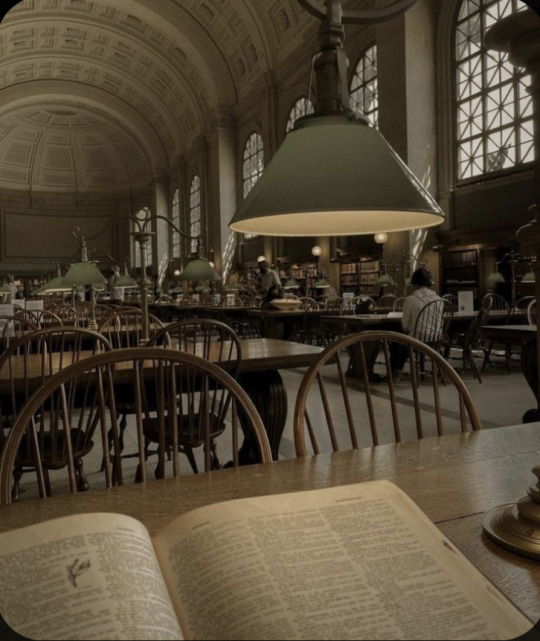



“You can never be overdressed or over educated”
- Oscar Wilde
#dark academia#light academia#girlblogging#bookish#books and libraries#chaotic academia#book quotes#autumn#boarding school#romantic academia#classic academia#dark acadamia aesthetic#reading#bookworm#education#oscar wilde#the secret history#if we were villains
957 notes
·
View notes
Text









Back to school ✓
#black girl moodboard#goddess energy#moodboards#aesthetic board#luxury aesthetic#my moodboard#black women#black girl aesthetic#black femininity#nsfq#college#school#university#educate yourself#well educated#soft aesthetic#preppy#success#studyblr#study motivation#student
181 notes
·
View notes
Text
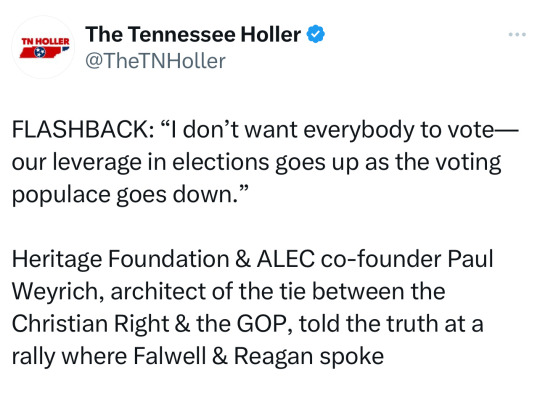
One of the most durable myths in recent history is that the religious right, the coalition of conservative evangelicals and fundamentalists, emerged as a political movement in response to the U.S. Supreme Court’s 1973 Roe v. Wade ruling legalizing abortion. The tale goes something like this: Evangelicals, who had been politically quiescent for decades, were so morally outraged by Roe that they resolved to organize in order to overturn it.

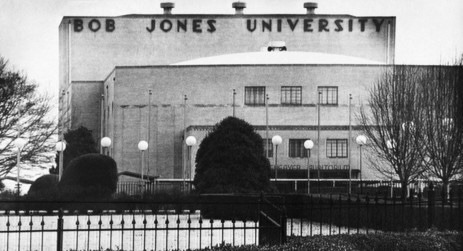
This myth of origins is oft repeated by the movement’s leaders. In his 2005 book, Jerry Falwell, the firebrand fundamentalist preacher, recounts his distress upon reading about the ruling in the Jan. 23, 1973, edition of the Lynchburg News: “I sat there staring at the Roe v. Wade story,” Falwell writes, “growing more and more fearful of the consequences of the Supreme Court’s act and wondering why so few voices had been raised against it.” Evangelicals, he decided, needed to organize.
Some of these anti- Roe crusaders even went so far as to call themselves “new abolitionists,” invoking their antebellum predecessors who had fought to eradicate slavery.
But the abortion myth quickly collapses under historical scrutiny. In fact, it wasn’t until 1979—a full six years after Roe—that evangelical leaders, at the behest of conservative activist Paul Weyrich, seized on abortion not for moral reasons, but as a rallying-cry to deny President Jimmy Carter a second term. Why? Because the anti-abortion crusade was more palatable than the religious right’s real motive: protecting segregated schools. So much for the new abolitionism.
Today, evangelicals make up the backbone of the pro-life movement, but it hasn’t always been so. Both before and for several years after Roe, evangelicals were overwhelmingly indifferent to the subject, which they considered a “Catholic issue.” In 1968, for instance, a symposium sponsored by the Christian Medical Society and Christianity Today, the flagship magazine of evangelicalism, refused to characterize abortion as sinful, citing “individual health, family welfare, and social responsibility” as justifications for ending a pregnancy. In 1971, delegates to the Southern Baptist Convention in St. Louis, Missouri, passed a resolution encouraging “Southern Baptists to work for legislation that will allow the possibility of abortion under such conditions as rape, incest, clear evidence of severe fetal deformity, and carefully ascertained evidence of the likelihood of damage to the emotional, mental, and physical health of the mother.” The convention, hardly a redoubt of liberal values, reaffirmed that position in 1974, one year after Roe, and again in 1976.
When the Roe decision was handed down, W. A. Criswell, the Southern Baptist Convention’s former president and pastor of First Baptist Church in Dallas, Texas—also one of the most famous fundamentalists of the 20th century—was pleased: “I have always felt that it was only after a child was born and had a life separate from its mother that it became an individual person,” he said, “and it has always, therefore, seemed to me that what is best for the mother and for the future should be allowed.”
Although a few evangelical voices, including Christianity Today magazine, mildly criticized the ruling, the overwhelming response was silence, even approval. Baptists, in particular, applauded the decision as an appropriate articulation of the division between church and state, between personal morality and state regulation of individual behavior. “Religious liberty, human equality and justice are advanced by the Supreme Court abortion decision,” wrote W. Barry Garrett of Baptist Press.
So what then were the real origins of the religious right? It turns out that the movement can trace its political roots back to a court ruling, but not Roe v. Wade.
In May 1969, a group of African-American parents in Holmes County, Mississippi, sued the Treasury Department to prevent three new whites-only K-12 private academies from securing full tax-exempt status, arguing that their discriminatory policies prevented them from being considered “charitable” institutions. The schools had been founded in the mid-1960s in response to the desegregation of public schools set in motion by the Brown v. Board of Education decision of 1954. In 1969, the first year of desegregation, the number of white students enrolled in public schools in Holmes County dropped from 771 to 28; the following year, that number fell to zero.
In Green v. Kennedy (David Kennedy was secretary of the treasury at the time), decided in January 1970, the plaintiffs won a preliminary injunction, which denied the “segregation academies” tax-exempt status until further review. In the meantime, the government was solidifying its position on such schools. Later that year, President Richard Nixon ordered the Internal Revenue Service to enact a new policy denying tax exemptions to all segregated schools in the United States. Under the provisions of Title VI of the Civil Rights Act, which forbade racial segregation and discrimination, discriminatory schools were not—by definition—“charitable” educational organizations, and therefore they had no claims to tax-exempt status; similarly, donations to such organizations would no longer qualify as tax-deductible contributions.
On June 30, 1971, the United States District Court for the District of Columbia issued its ruling in the case, now Green v. Connally (John Connally had replaced David Kennedy as secretary of the Treasury). The decision upheld the new IRS policy: “Under the Internal Revenue Code, properly construed, racially discriminatory private schools are not entitled to the Federal tax exemption provided for charitable, educational institutions, and persons making gifts to such schools are not entitled to the deductions provided in case of gifts to charitable, educational institutions.”
Paul Weyrich, the late religious conservative political activist and co-founder of the Heritage Foundation, saw his opening.
In the decades following World War II, evangelicals, especially white evangelicals in the North, had drifted toward the Republican Party—inclined in that direction by general Cold War anxieties, vestigial suspicions of Catholicism and well-known evangelist Billy Graham’s very public friendship with Dwight Eisenhower and Richard Nixon. Despite these predilections, though, evangelicals had largely stayed out of the political arena, at least in any organized way. If he could change that, Weyrich reasoned, their large numbers would constitute a formidable voting bloc—one that he could easily marshal behind conservative causes.
“The new political philosophy must be defined by us [conservatives] in moral terms, packaged in non-religious language, and propagated throughout the country by our new coalition,” Weyrich wrote in the mid-1970s. “When political power is achieved, the moral majority will have the opportunity to re-create this great nation.” Weyrich believed that the political possibilities of such a coalition were unlimited. “The leadership, moral philosophy, and workable vehicle are at hand just waiting to be blended and activated,” he wrote. “If the moral majority acts, results could well exceed our wildest dreams.”
But this hypothetical “moral majority” needed a catalyst—a standard around which to rally. For nearly two decades, Weyrich, by his own account, had been trying out different issues, hoping one might pique evangelical interest: pornography, prayer in schools, the proposed Equal Rights Amendment to the Constitution, even abortion. “I was trying to get these people interested in those issues and I utterly failed,” Weyrich recalled at a conference in 1990.
The Green v. Connally ruling provided a necessary first step: It captured the attention of evangelical leaders , especially as the IRS began sending questionnaires to church-related “segregation academies,” including Falwell’s own Lynchburg Christian School, inquiring about their racial policies. Falwell was furious. “In some states,” he famously complained, “It’s easier to open a massage parlor than a Christian school.”
One such school, Bob Jones University—a fundamentalist college in Greenville, South Carolina—was especially obdurate. The IRS had sent its first letter to Bob Jones University in November 1970 to ascertain whether or not it discriminated on the basis of race. The school responded defiantly: It did not admit African Americans.
Although Bob Jones Jr., the school’s founder, argued that racial segregation was mandated by the Bible, Falwell and Weyrich quickly sought to shift the grounds of the debate, framing their opposition in terms of religious freedom rather than in defense of racial segregation. For decades, evangelical leaders had boasted that because their educational institutions accepted no federal money (except for, of course, not having to pay taxes) the government could not tell them how to run their shops—whom to hire or not, whom to admit or reject.
The Civil Rights Act, however, changed that calculus.
(continue reading)
#politics#republicans#paul weyrich#abortion#religious riech#bob jones university#jerry falwell#christian nationalism#white supremacy#desegregation#project 2025#roe v wade#reproductive rights#reproductive justice#healthcare#brown v board of education#heritage foundation#moral majority#religious freedom#religion
192 notes
·
View notes
Photo

Today is the 70th anniversary of the landmark Supreme Court ruling in Brown v. Board of Education (1954).
In this historic civil rights case, the Court unanimously ruled that separating children in public schools on the basis of race is unconstitutional. Their decision marked the end of legalized racial segregation in schools across the country, overruling the "separate but equal" precedent set in the Plessy v. Ferguson (1896) case nearly 60 years prior.
Then and now, the Supreme Court’s decisions determine our rights as citizens. Any time we vote for President or Senators, our ballots can have a direct impact on the Supreme Court.
Honor our past and fight for our future. Register to vote now at weall.vote/register.
142 notes
·
View notes
Text

#teachers#education#board of education#students#student#studying#student life#grooming#indoctrination#vote blue#vote democrat#please vote#voting#election 2024#get out the vote#american politics#us elections#kamala harris#vote kamala#kamala 2024#kamala for president#harris#presidential#president#democratic#male teacher#school#learning#college#university
137 notes
·
View notes
Text
Erum Salam at The Guardian:
The wave of book bans sweeping the US, typically reserved for works of fiction deemed controversial, has hit textbooks used in public schools, marking the next step in Republicans’ war on education.
The board of trustees for the Cypress Fairbanks independent school district in Houston voted 6-1 earlier this month to redact certain chapters in science textbooks, including those about vaccines, human growth, diversity and climate change.
The motion to remove the chapters was made by the board’s vice-president, Natalie Blasingame, and almost unanimously supported.
Blasingame, who has served on the board since 2021, did not give a specific explanation for the decision, but said the subjects go beyond what the state requires to teach and creates “a perception that humans are bad”.
Last year, the Republican-controlled state board approved textbooks for the schools’ science curriculums, rejecting several books on climate, so the local school district’s censorship of these textbooks is even more restrictive.
Education experts say the move could have far-reaching consequences, prompting similar decisions to omit information in other subjects, and by public school districts across the country.
The board’s decision drew the ire of local parents and education groups.
Bryan Henry, a local parent and founder of the non-partisan group Cypress Families for Public Schools, said he was concerned about the precedent this decision sets.
“Will trustees at the local school board level be able to just delete chapters about civil rights because they just mentioned the history of same-sex marriage?” Henry, 37, said. “It’s really kind of alarming what this could mean for ideological influence and control over what is taught in schools.”
Henry describes Cypress, a sprawling suburb of Houston with a population of nearly 200,000, as an increasingly diverse community with a loud minority of political extremists.
“A lot of Republicans in the Cy-Fair area, who are very conservative but are pro-public education, are having to now grapple with the fact that [the] governor, state representatives – they’re really not pro-public education,” he said. “And so people are struggling with how to reconcile that, because they don’t want to vote for Democrats.”
Henry added this “level of oversight, micromanagement and interference” was “scary.”
The Texas Freedom to Read Project, an organization that fights book bans, swiftly condemned the decision.
“To ban entire chapters of textbooks and withhold that information from students is not only unconstitutional, but it is taking away their access to real-life ideas that exist in this world,” said Laney Hawes, co-founder of the group.
“Access to a diverse and wide range of information is what prepares students to navigate this world successfully. When we ban books and limit students’ ability to access ideas, we are closing doors to their futures.”
[...]
PEN America found 3,362 instances of individual books banned in public K–12 schools for the 2022-23 academic year – a 33% increase from last year, with Florida and Texas leading the way. These books mostly include novels with themes of race or sexuality, not core academic material.
Meehan said the censorships of textbooks is “a further escalation of this movement”.
“Texas is no stranger to book bans or censoring other educational content areas or materials. The idea that we’re redacting chapters from state-approved textbooks is almost unheard of. It’s so outlandish,” Meehan said.
Book bans have become a core element of platforms of well funded far-right politicians, who have tried to win a larger presence on school boards across the US.
“I’m almost worried about a concerning trend where far-right Republican candidates are replacing moderate Republicans on school boards, not because citizens believe they are better suited for the job, but because rightwing billionaires and Pacs [political action committees] are starting to pour money into these local elections,” said David DeMatthews, an education professor at the University of Texas at Austin, who previously worked as a public school teacher and district administrator.
Public school textbooks are the next battleground item in the right-wing’s dangerous and censorious book-banning crusade in schools.
#Textbooks#Censorship#Book Banning#Schools#School Boards#Education#Texas Textbooks#Texas#Public Schools
118 notes
·
View notes
Text

Children involved with Brown vs The Board of Education, 1954.
147 notes
·
View notes
Photo

Remembering Pt. Jawaharlal Nehru and wishing all Happy Children's day 2022
PGPS school celebrated children’s day to mark the birth anniversary of our prime minister Pandit Jawaharlal Nehru. He was immensely popular among children and was also called Chacha Nehru. This year our country is celebrating its 133th birth anniversary.
#happy children's day#childrens day#cbce boarding education#boarding education#education#international children's day
2 notes
·
View notes
Photo
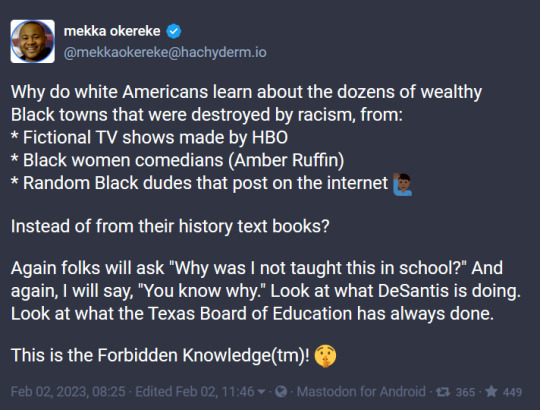
#toot#toots#mastodon#black history month#black history usa#black history#american racism#racism#brown vs the board of education#us education#public education#education#history#Manufacturing Consent#public school#school
1K notes
·
View notes
Text
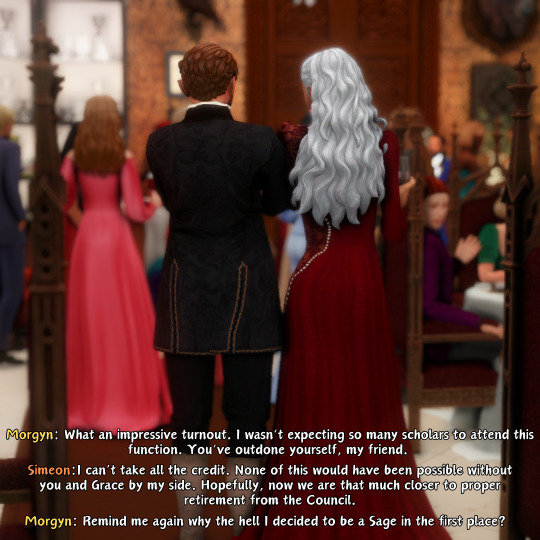

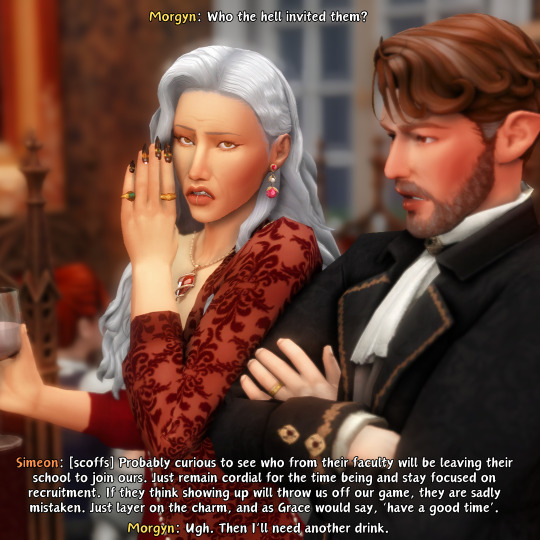

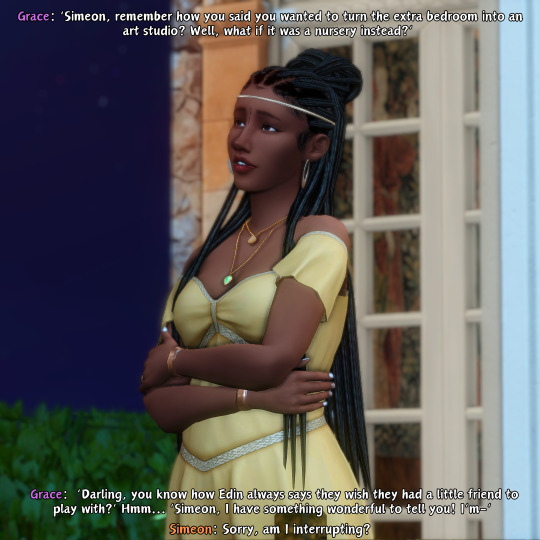
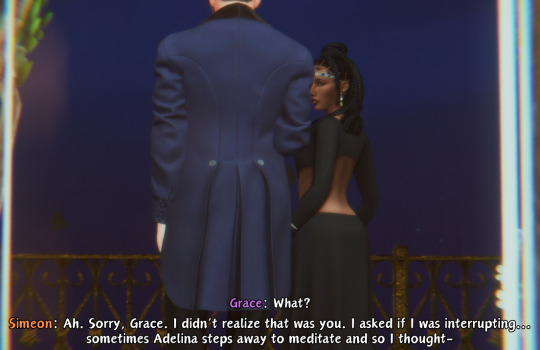
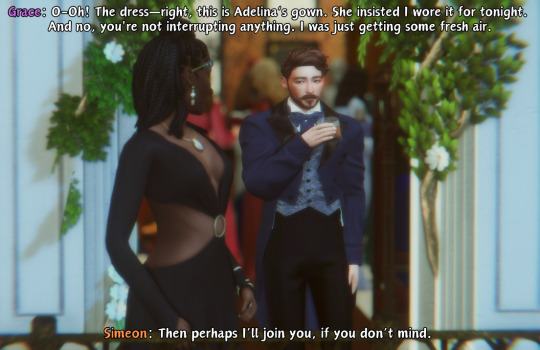
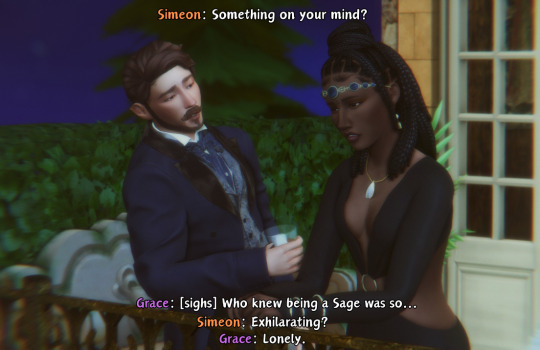
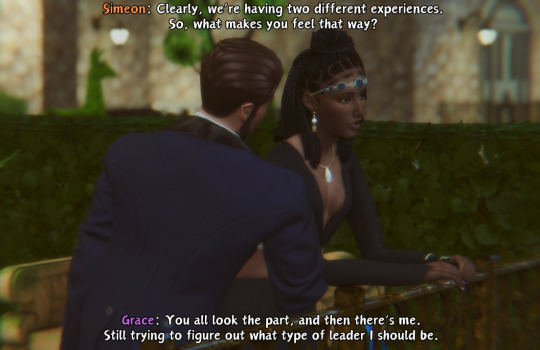
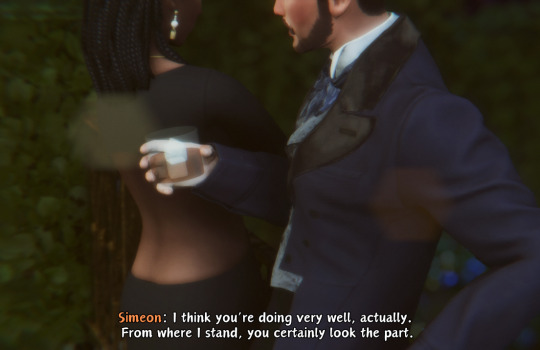
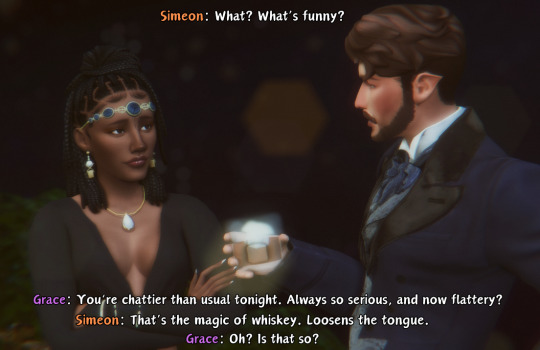
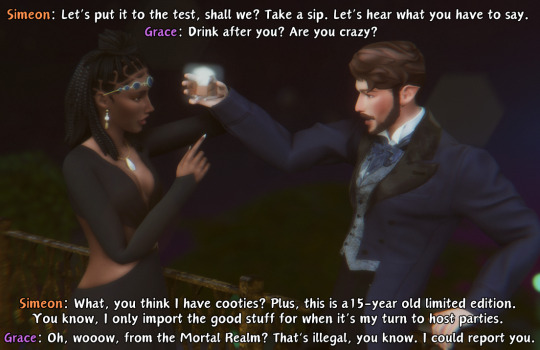
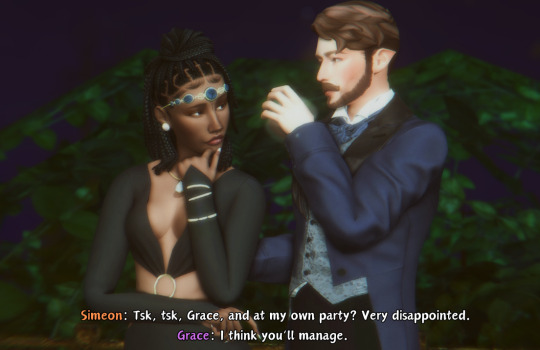
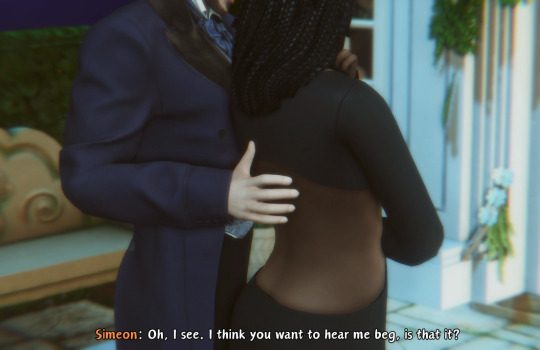
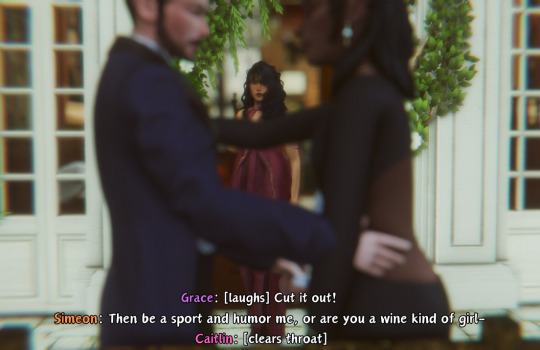
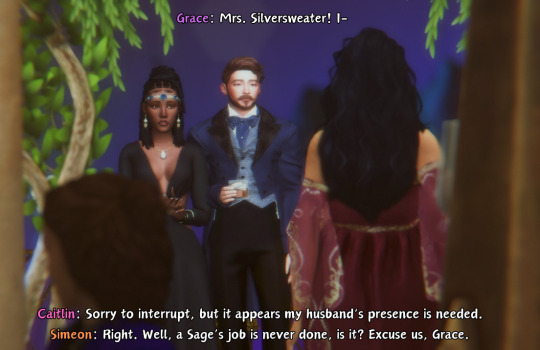
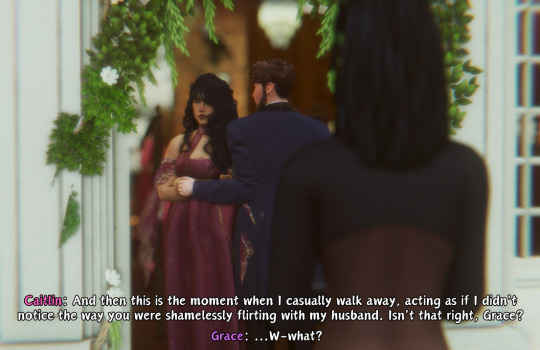
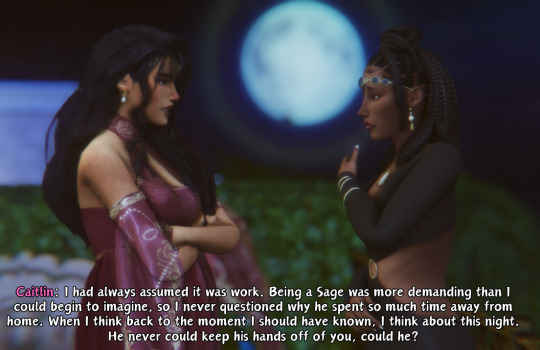
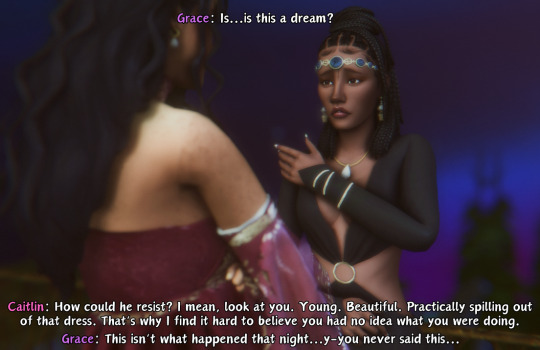
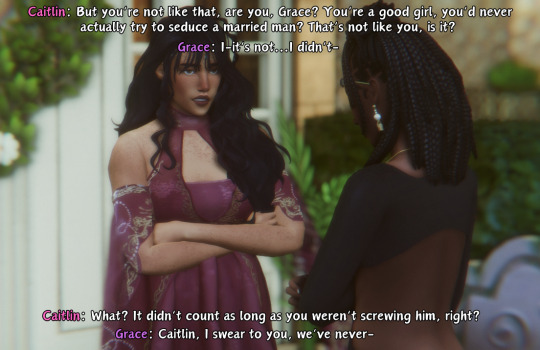
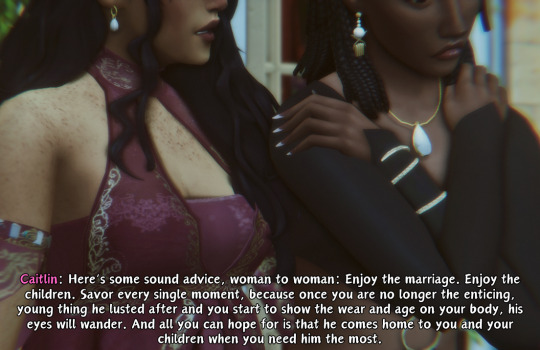
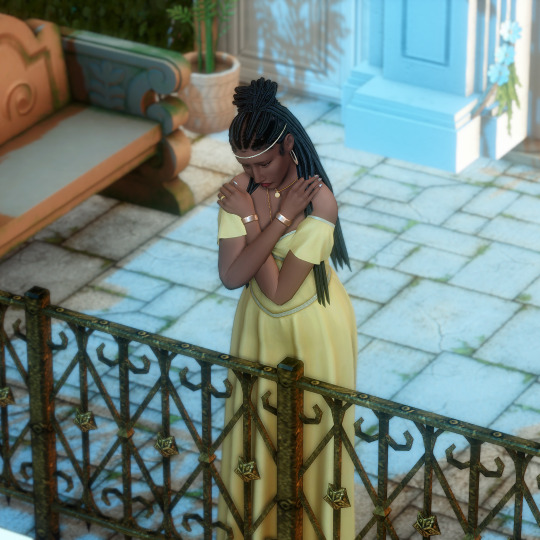
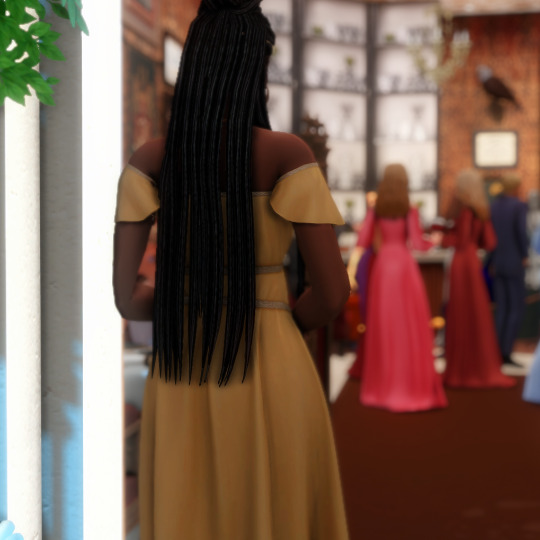


Chapter Six Edin (Guilt pt. 1) - Previous // Next // Beginning
Link to Transcript
#cotf#children of the forest#Happy Mother’s Day? 😅#did someone say lets unpack the flagrant infidelity from the past?#it was me#I said it >:(#sims 4 simblr#sims 4 stories#sims 4 realm of magic#sims 4 legacy#ts4 simblr#refresher: The Director is the director of the Board of Arcane Education and the lacky is Professor Cade- board member
76 notes
·
View notes
Text
Starting a new one,I'm bored-
Also wanna practice emotions n sheit

Leave a comment or ask of a character and a coordinate!
(I would most like the characters be from The Owl House, Amphibia, or LMK but other options I'd be happy to do,but possibly less motivation, are Murder Drones,TADC,Lackadaisy,Ramshackle,The Dragon Prince,FPE,and/or GenLoss)
#the owl house#murder drones#amphibia#the dragon prince#fundemental paper education#lego monkie kid#ramshackle#lackadaisy#generation loss#TDP#FPE#LMK#TOH#MD#character board
67 notes
·
View notes
Text
10 year old me really fucked up when she decided learning fractions wasn’t worth it
#I still don’t get it#i got my maths test back today#I got a SIXTY EIGHT. I’m on a scholarship. I’m done for#I’m personally happy with it but#Will the board of education agree#text post#random thoughts
37 notes
·
View notes
Text






May Review and June Reset
My meditation practice and affirmation habit have been getting better in May! I pray I continue this in June. I have been in a reading slump so I only finished two books. I really want to get into Bookstagram and start posting my book photos.
I have been making green smoothies with spinach, a banana, a green apple, and almond milk. It’s so good and kind of filling lol.
In June, I want to finish at least 5 books. That is a big goal but I just need to keep my butt off of YouTube and I’ll actually succeed lol.
I am going to be more active in my language learning habit, learning coding, and belly dancing. I also want to get back into qigong as well!
Here is to a productive and an amazing summer! ☀️
#may goals#june goals#june 2024#femininity#high value woman#leveling up#elegance#hypergamy#affluence#luxury#goals#level up#divine feminine#selfimprovement#self development#dream girl journey#dream girl#glow up diaries#glow up journey#glow up#it girl#girly aesthetic#hot and educated#hot girls read#mood board#vision board#women in stem#pink pilates princess#girlblogging#that girl
51 notes
·
View notes